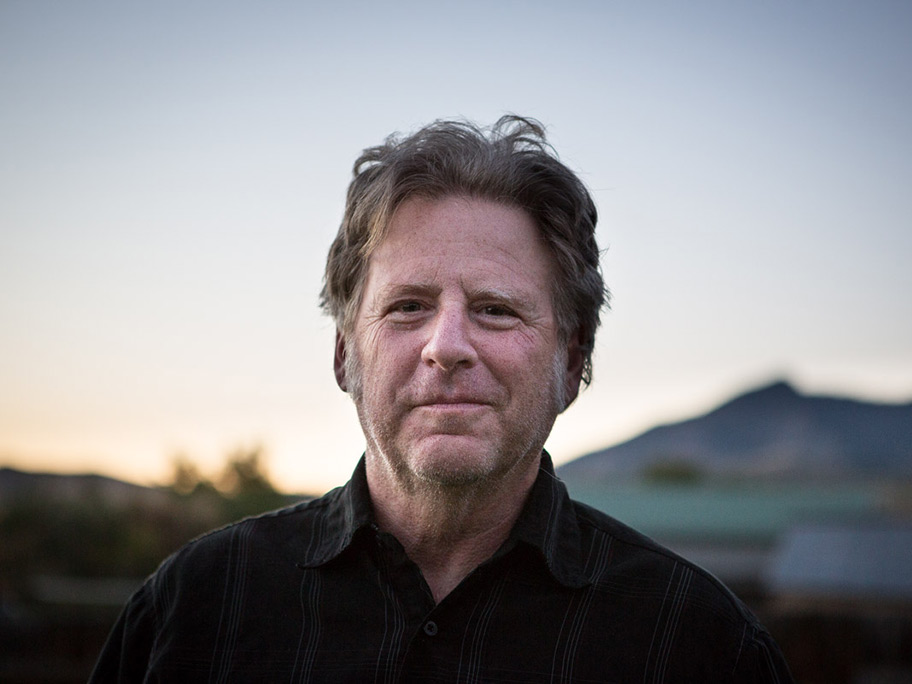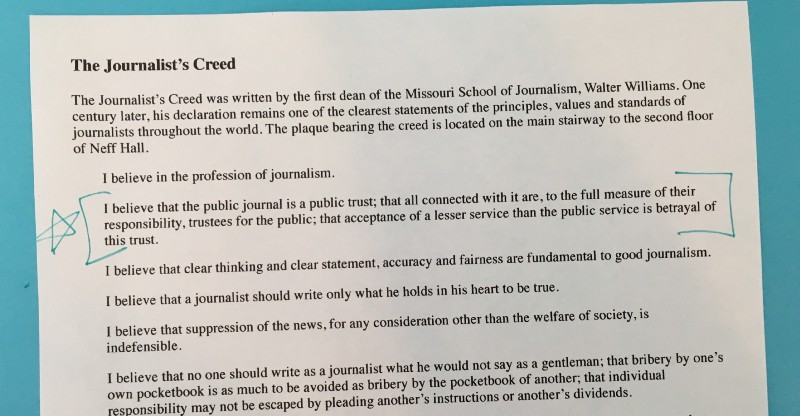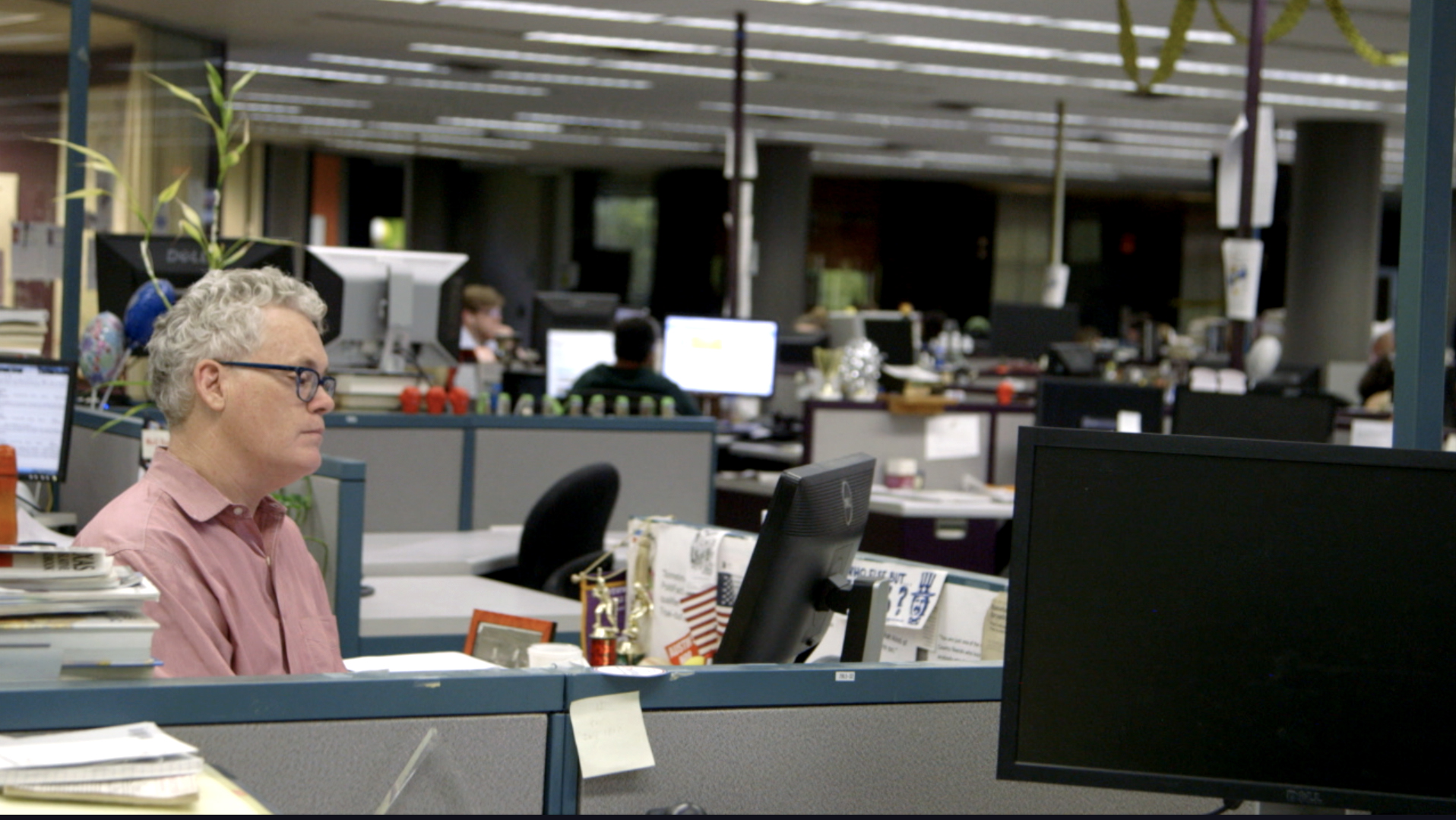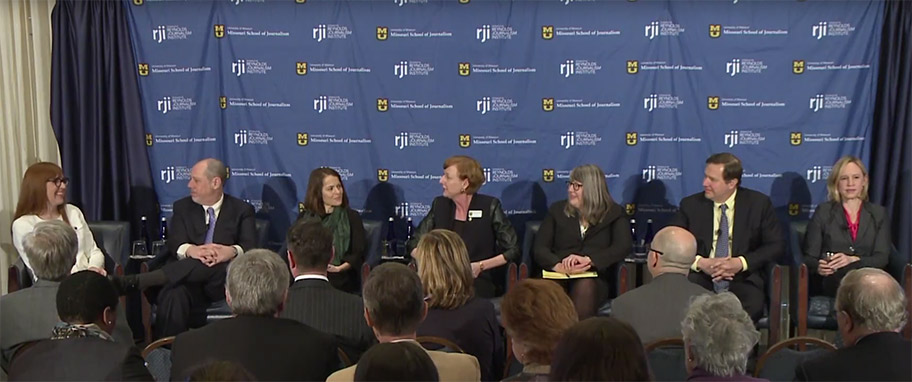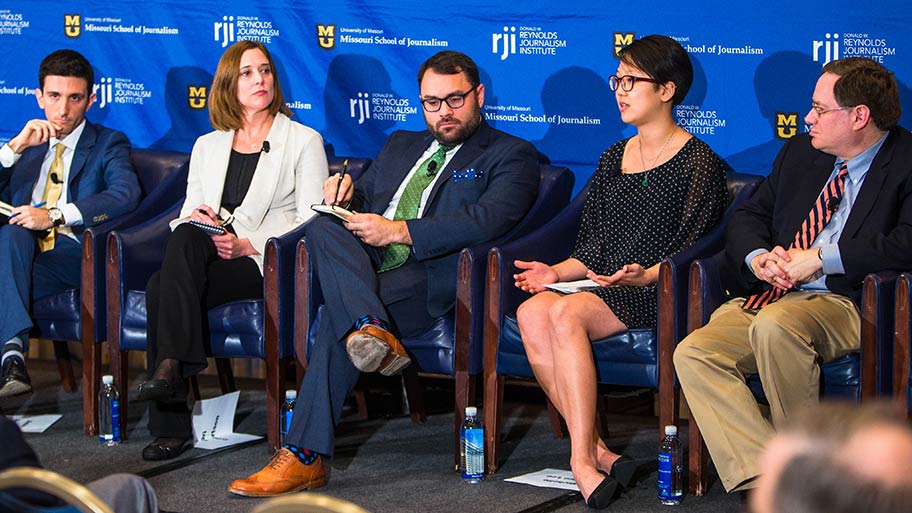
Tag: Fake news
Iffy.news: An index of unreliable sources
When the conversation turns to estimating how many online sites there are that deliver news articles with made-up facts, out-of-context assertions and purposefully misleading information, also known as dis- and mis-information, most folks shrug and say: “Too many.” But that wasn’t good enough for former RJI fellow Barrett Golding, who was aiming for a more … Continued
Journalists: Defend your work through action, not just with editorials
The Trusting News project, staffed by Joy Mayer and Lynn Walsh, is designed to demystify the issue of trust in journalism. They research how people decide what news is credible, then turn that knowledge into actionable strategies for journalists. The project is funded by the Reynolds Journalism Institute, the Knight Foundation and Democracy Fund.
Fact-checking: Journalism distilled to its essence
Angie Holan, editor of PolitiFact, speaks with us about fact-checking, how to get started and why it’s an important part of journalism today. Watch our next segment to see what Missouri residents thought about each of the claims we fact-checked and their opinions on fact-checking websites provided by news organizations.
Understanding the First Amendment in an era of ‘fake news’ and Facebook
WASHINGTON — How should a 230-year-old document be applied in the digital age? This was the question presented before a panel of legal experts at the 2018 Hurley-Sloan Symposium, held April 6 at the National Press Club. Lyrissa Lidsky, dean of the University of Missouri School of Law, moderated the discussion. The event, titled “Truth, … Continued
Fact-checkers believe appetite for accuracy will grow despite a lack of trust in news
WASHINGTON — Journalists for the three leading fact-checking organizations say their role is to examine the claims of politicians and present the facts, not persuade the public of certain conclusions. The fact-checkers spoke Thursday at the 2017 Hurley Symposium titled “Fact-Checking, Fake News and the Future of Political Reporting,” hosted by the National Press Club. … Continued
Faux news in the digital age: Appendix 3
Clickbait beliefs I did not know what clickbait was until taking this survey. Frequency Percent Valid Percent Cumulative Percent Valid 1- Strongly Agree 33 12.4 12.4 12.4 2 35 13.2 13.2 25.6 3 45 16.9 16.9 42.5 4 41 15.4 15.4 57.9 5- Strongly Disagree 112 42.1 42.1 100.0 Total 266 100.0 100.0 … Continued
Faux news in the digital age: Appendix 2
I have never shared a fake news story on social media. Frequency Percent Valid Percent Cumulative Percent Valid 0% Not at all confident 5 1.9 1.9 1.9 10% 9 3.4 3.4 5.3 20% 7 2.6 2.6 7.9 30% 10 3.8 3.8 11.7 40% 17 6.4 6.4 18.0 50% 21 7.9 7.9 25.9 60% 21 … Continued
Faux news in the digital age: Appendix 1
Which of the following social media websites do you access most often? Frequency Percent Valid Percent Cumulative Percent Valid Twitter 36 13.5 13.5 13.5 Facebook 195 73.3 73.3 86.8 Pinterest 4 1.5 1.5 88.3 Instagram 19 7.1 7.1 95.5 Snapchat 3 1.1 1.1 96.6 Tumblr 5 1.9 1.9 98.5 I don’t use any social … Continued
Faux news in the digital age: Survey results
American adults are more confident than they should be about their ability to distinguish between real and fake news headlines. They also believe they’re much less likely than their friends to share fake news stories on social media, but when pressed, nearly six in 10 will admit they’ve probably shared such a story by accident. … Continued
Breaking News 4: When real news is fake
For this article I’m defining fake news as “news stories that have no factual basis but are presented as facts” (taken from “Social Media and Fake News in the 2016 Election”), whether a site’s goal is to make money or make partisan political points. Here are several ways real and fake news are the same. … Continued
